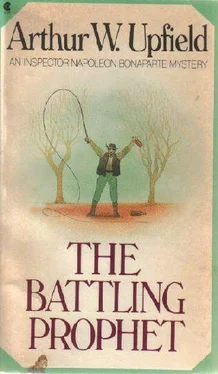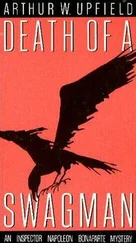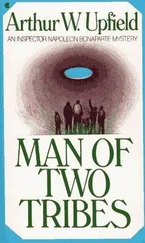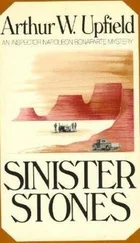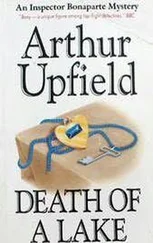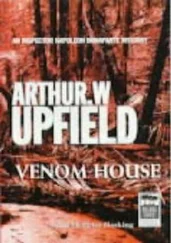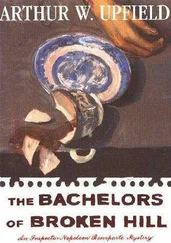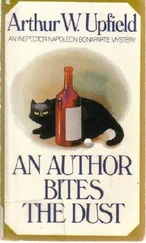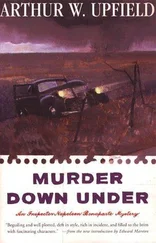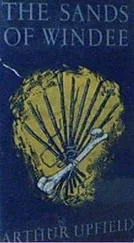“That Harris was familiar with herbs, both edible and medicinal, is supported by his origin on isolated farms where people in those days had to have a smattering of medical knowledge. For him the opportunity was wide open. The dogs knew him; even if they heard him about they would not have given an alarm. Luton would not suspect him. He knew the interior plan of Luton’s house, precisely where Wickham was sleeping. The means I have outlined. The motive was baffling, at first.
“Here was a man described by the phrase ‘a simple soul’. He lived comfortably enough on his pension and his barter trade with fishermen. He had supported Luton’s booze thesis. He had urged Luton to send for me when they read in the press that I was in Adelaide. He nursed the ‘bender-ees’, he tried to reform Luton, but Wickham defeated his efforts.
“He had become attached to Luton, a man miles above him in intelligence and experience, and, like so many women, and men too, the attachment was particularly strong when the object of it was sick. He was jealous of Wickham. Wickham was Luton’s friend long before he, Harris, ever met him. Wickham and Luton shared so much from which he was barred. Much younger than Luton, he could see that Luton was growing older and he wanted to live with Luton, to care for him.
“Wickham having been removed, Luton fretted and clung to his suspicions. It was the only subject spoken of when Harris went to the cottage. The doctor shunted the idea of murder. The policeman sneered at it. Then they came on my name, which Harris remembered in connection with a relative I had caused to be put away for life. Safe to send for me. The body was destroyed, belladonna and everything. Let the great Bonaparte meet the impossibility of proving murder, and Luton would surrender his phobia and settle down to a quiet and bucolic existence, when Harris could safeguard him, have Luton all to himself.
“A misplaced, possessive, introverted passion to serve. The night he died, he had wanted to ask if Luton needed anything further brought back from town. With a knife pricking his back, he chose to warn us, not to betray us. Had he been brought to trial, I would have exerted myself on his behalf. When he lay dying, he looked first at Luton, then at me. As his life was fading he tried to tell me he had murdered Wickham and why, and he saw in my eyes that I already knew.”
There was silence for perhaps five seconds. Linton broke it:
“So you do admit that you received the recall telegram?”
“There is no proof that I did,” Bony countered. “Had I obeyed that recall, I would hate myself now.”
Colonel Spendor rose, and they stood before him. The eyes of this beloved martinet softened when they rested on the colourful tie worn by the man who knew himself. He said gently:
“Had you obeyed that order, Bony, I would have been damned disappointed.”
